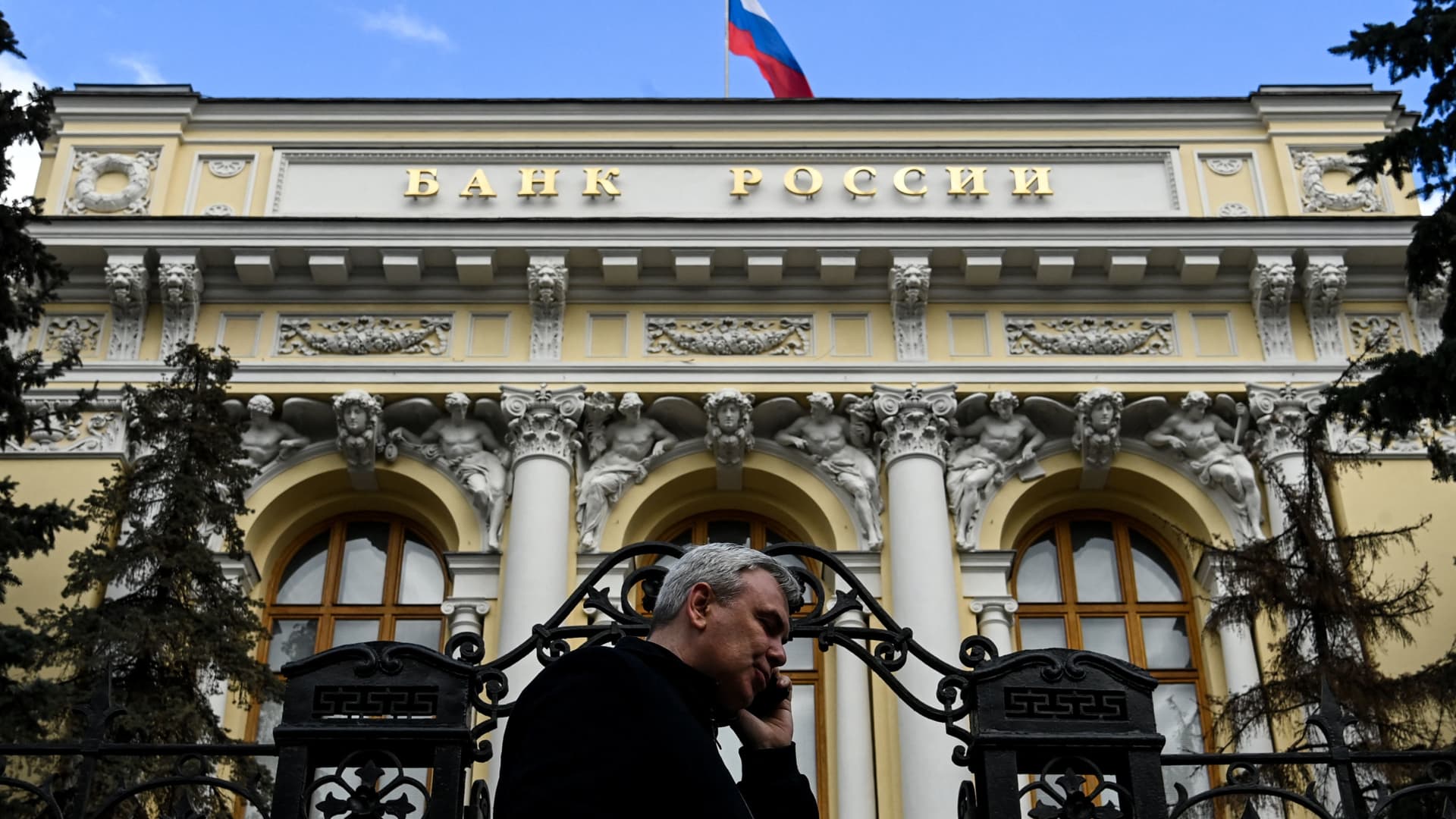Unexpected Hold: Russian Central Bank Maintains Key Rate at 21%
The Decision Unveiled
In a market move that left many analysts astonished, the Central Bank of Russia held its key interest rate steady at 21%. This decision comes as a measure to combat the turbulent economic climate, primarily driven by soaring inflation rates that have heavily impacted the Russian economy. According to the bank's officials, the monetary tightness achieved through this rate stabilization is instrumental in curbing inflationary pressures.
Economic Context and Implications
Economists had anticipated a rate hike or a reduction, given the global economic volatility. However, the steadfast rate decision highlights a commitment to achieving economic stability. This static rate reflects the bank's strategy to harness monetary control amidst unsettling fiscal conditions. Market watchers are now poised to see how this move influences consumer prices and borrowing patterns in the coming months.
"The central bank's decision reflects a calibrated approach to monetary policy in challenging times," noted renowned economist Alexei Kudrin.
Investor Reaction and Market Response
Investors and market analysts worldwide hewed closely to Russia’s financial developments following the rate announcement. While some expressed skepticism regarding the long-term viability of such a high rate, others observed it as a necessary step to balance the economic scales. Immediate reactions saw fluctuations in the Russian ruble and mixed responses in the stock market.

Why This Matters Globally
- Russia's fiscal strategies invariably impact global markets due to its geopolitical significance.
- Investors need to recalibrate strategies based on these financial cues.
- Currency traders will keenly watch ruble dynamics for potential arbitrage opportunities.
What Next for Russia?
The Central Bank's unexpected decision sets a formidable challenge for policymakers and financial institutions as they grapple with both domestic and international economic pressures. Should inflation continue to dip, the bank's strategies might serve as a case study for emerging markets.
Recommended Resources for Further Reading
For those interested in understanding the broader implications of Russia's monetary policy, consider exploring these resources:
